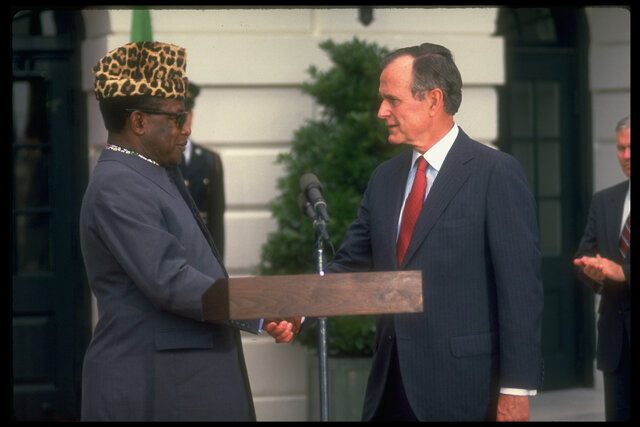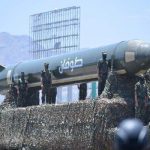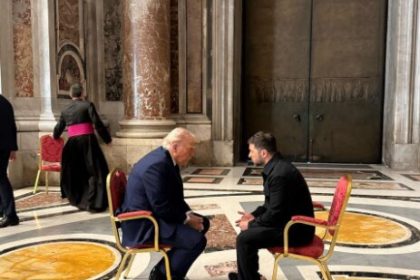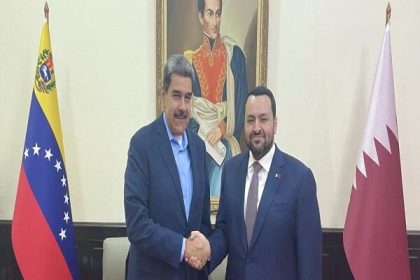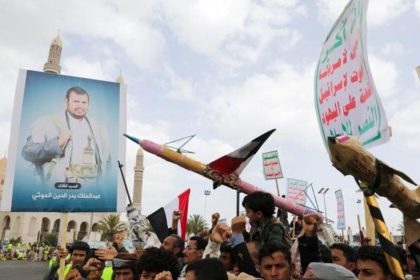Behind the scenes of endless conflicts in Africa
Western colonialists entered Africa under the pretext of promoting democracy or confronting autocratic powers, but in reality, they had the intention of plundering the mineral and oil resources of this continent.
According to RCO News Agency, in an article referring to the colonial actions of Western countries in the African continent, the Russian media investigated the interventions of these countries in the internal affairs of African countries, an intervention that is mainly carried out under the guise of humanitarian operations or under the name of promoting democracy.
According to “Rasha Today”, in the post-colonial era, we are witnessing the open and hidden intervention of Western powers in the internal affairs of independent countries. African countries, which have rich resources, are caught in geopolitical schemes in which foreign actors, under the pretext of a coma, are busy glorifying and secretly supporting rebels and political factions.
During the colonial era, the Western countries supported the currents that spread colonial ideas in the colonies through military aid and military training.
One of the most obvious examples of this was the support of the United States to “Joseph Desiree Mobutu” in the Democratic Republic of Congo, then called “Zaire”. “George W. Bush” described him as one of the most valuable friends of the United States. Mobutu was the chief of army staff and mastermind of a military coup in 1960 that led to the ousting of Zaire’s elected prime minister, Patrice Lumumba.
Mobutu ruled Zaire from 1965 to 1997, amassing a fortune of more than $6 billion thanks to US support. This is while the American financial aid was not to improve the living conditions of the people of this country, because the widespread corruption and suppression of political opponents during Mobutu’s rule had made him very unpopular among the people of his country.
“George Bush” and “Mobutu” in the White House
The cost of dealing with the Soviet Union
According to Rasha Today, the main reason America supported Mobutu was that he was against the influence of the Soviet Union. At that time, the Soviet Union supported liberation movements in Africa; Among them from “Frelimo” in Mozambique, “Nelson Mandela” in South Africa and Patrice Lumumba in the Democratic Republic of Congo.
America’s support for anti-Soviet movements in Africa went as far as the assassination of Patrice Lomba, the traces of Belgium and the American Central Intelligence Agency (CIA).
“Maurice Robert”, the former minister of African affairs in the French government, says that contrary to the fact that some people try to show these actions as reactive in nature, in fact such actions are organized and planned.
“An operation of this scale involves several steps,” he says. Collecting and analyzing information, developing an operational plan based on this information, studying and applying logistic tools and taking steps to implement the plan.
Referring to the French interventionist operation in 1960 to destabilize Guinea in response to the establishment of an anti-colonial government, he says: “To destabilize our country, the French used the Guinean exiles who had taken refuge in Senegal, as well as the organized opposition under the supervision of We used French experts. We armed and trained these people to create an atmosphere of insecurity in Guinea and to overthrow the government if possible.”
According to Rasha Today, the countries that have created this chaos leave the scene at the slightest sign of chaos and leave the conflicting factions alone, as was seen in the Rwandan genocide, the Sudanese conflict and the Libyan crisis.
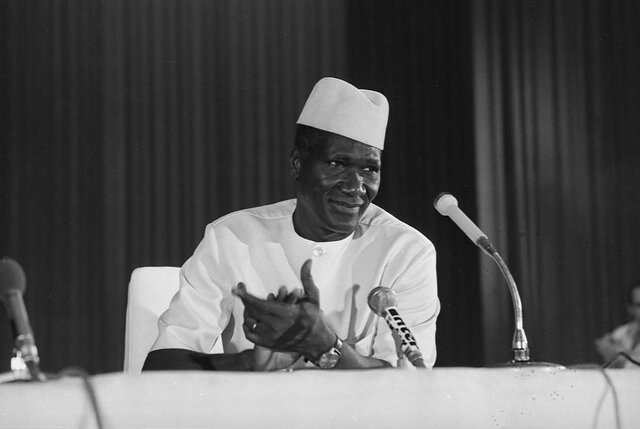
Ahmed Skotore, the first president of Guinea
NATO’s open and hidden connection with the African crisis
Former US President Barack Obama supported rebel groups that sought to overthrow the government of Muammar Gaddafi in Libya. This support, which included large-scale arms transfers through third parties, violated UN Security Council Resolution 1970; A resolution based on which the sending of weapons to any of the conflicting factions in Libya was prohibited in 2011.
The transfer of these weapons inside Libya by the rebels, which eventually led to the overthrow of Gaddafi, was not a secret from NATO member countries. In only one instance, a Canadian ship stationed in the Mediterranean Sea to monitor the implementation of UN Resolution 1970 allowed the ship to pass despite the knowledge of arms smuggling by a rebel tugboat, violating the UN resolution.
The UN Security Council later approved another resolution number 1973, according to which it authorized all necessary measures to protect civilians in Libya. This resolution was mainly supported by the United Kingdom, France and the United States, and due to the ambiguity in it, Brazil, China, Russia, India and Germany did not agree to ratify it.
According to Rasha Today, these ambiguities indicated the hidden colonial motives of some of the supporters of this resolution, and this may explain why France recognized the National Transitional Council of the Libyan opposition as the legitimate government of this country even before Gaddafi was killed.
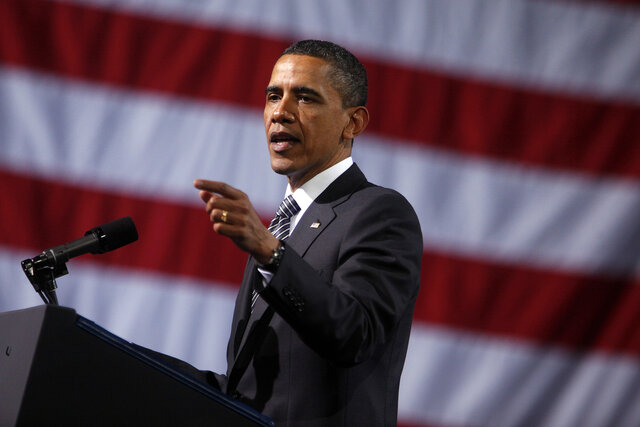
Barack Obama’s speech
Colonialism under the guise of humanitarian intervention
According to the 2016 report of the British Parliament, during the presidency of Nicolas Sarkozy, France pursued five main goals in Libya: obtaining a greater share of Libyan oil, increasing French influence in North Africa, improving Sarkozy’s domestic political situation in France, providing An opportunity for the French military to consolidate its position in the world, and address concerns raised about Gaddafi’s long-term plans to cut France’s hand out of Africa.
According to the Russian media, despite NATO’s widespread propaganda about “humanitarian intervention” in Libya under the cover of international law, the intentions of some member states such as France seem contradictory to this point of view, and the motives behind NATO’s actions in Libya are under discussion.
In a speech in 2011, Putin, who was the prime minister of Russia at the time, strongly criticized NATO’s actions and said: “When the whole so-called civilized society attacks a small country with all its might and destroys the infrastructure built over generations. It destroys, I don’t think this is good. I don’t like that.”
Putin also said that the secondary UN resolution merely invited Western countries to come to the stage and do whatever they want.
According to the report, Libya was undoubtedly caught in a tangle of behind-the-scenes coalitions with ulterior motives and clandestine arms deals, deals that took place under the guise of international law. Perhaps this is why, despite years of civil war that has devastated this former economic powerhouse of the African continent, killing many and displacing hundreds of thousands of civilians, there is almost no accountability mechanism against the foreign forces that sparked the crisis. Not employed.
end of message
News>RCO NEWS
RCO




